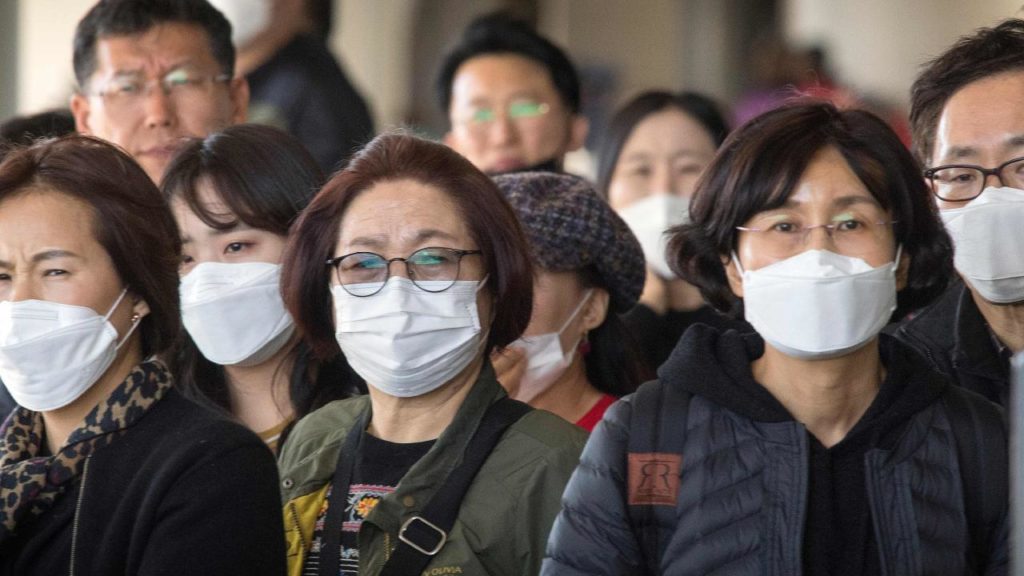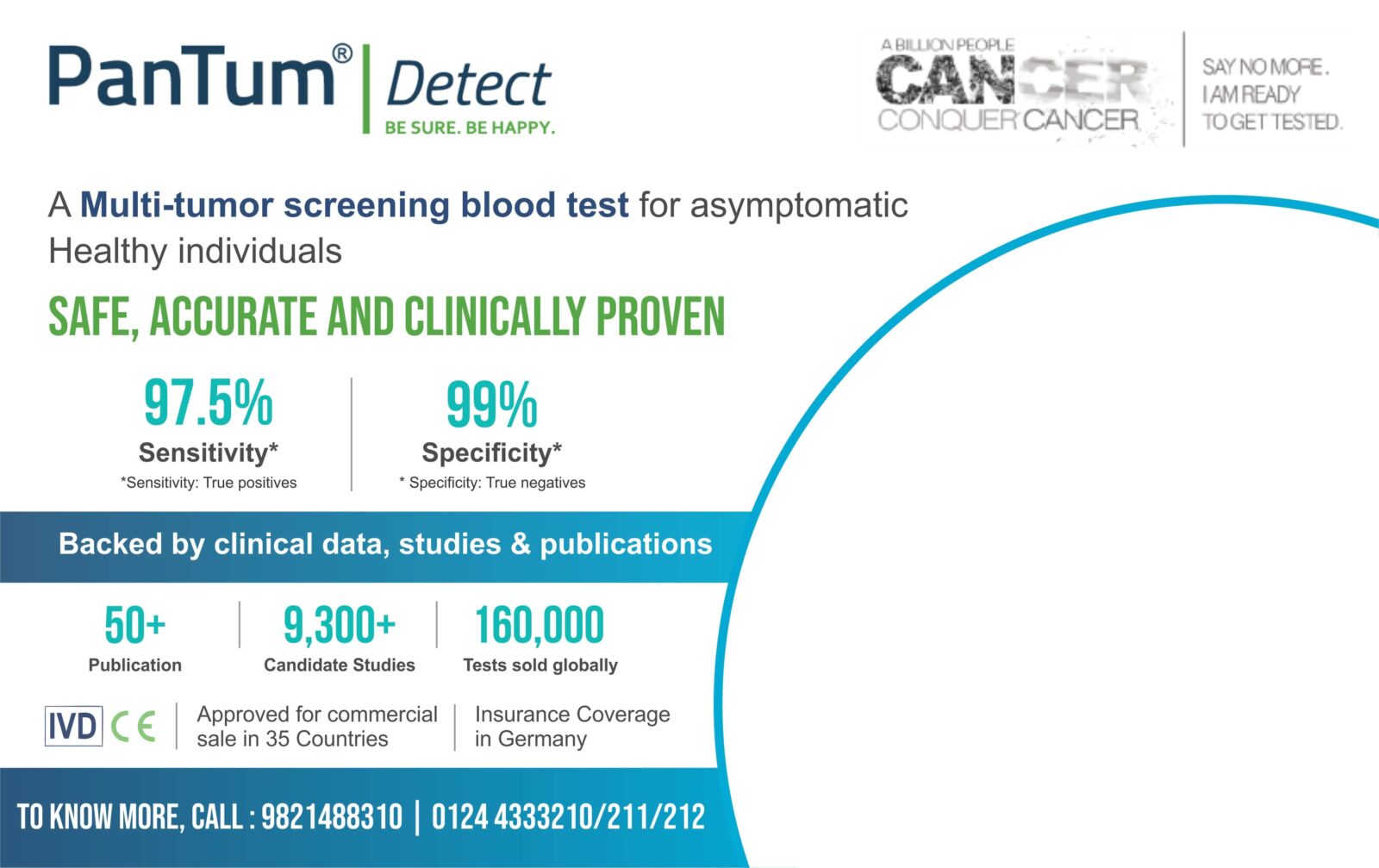
Coronavirus Disease 2019 (COVID-19)
With the recent outbreak of COVID 19 (novel coronavirus) in India, infecting 105 confirmed cases and 2 deaths (till 15 March) and many more suspected, there is a state of panic amongst the second most populous nation. The rapid spread of the infection with its epicentre in Wuhan, China has led to chaos, panic, paranoia and many conspiracy theories.
This article will help you gain more insight about the disease and ways to prevention. The primary aim is to avoid creating panic and strengthen with more knowledge about the problem.
What is COVID (Coronavirus Disease)-19?
COVID-19 is an infectious disease caused by the most recently discovered coronavirus (SARS- CoV-2). This new virus and disease were unknown before the outbreak began in Wuhan, China, in December 2019. The name “coronavirus” comes from the crown-like projections on their surfaces. “Corona” in Latin means “halo” or “crown.”
Symptoms
Cold- or flu-like symptoms usually set in from 2–4 days after a coronavirus infection and are typically mild. However, symptoms vary from person-to-person, and some forms of the virus can be fatal.
Symptoms include:
- Sneezing
- Runny Nose
- Fatigue
- Cough
- FeverIn Rare Cases
- Sore Throat
- Exacerbated Asthma
What is the at-risk population?

Older persons (age>65 years) and persons with pre-existing medical conditions (such as high blood pressure, heart disease, or diabetes) appear to develop serious illness more often than others.
Is the infection lethal?
The mortality rate of corona virus infection is approximately 3-4%. Till now, out of the 150,000 diagnosed cases, 6500 deaths have been reported worldwide.
Is there a cure to the infection? Is a vaccine available?
There is no cure, so treatments include self-care and over-the-counter (OTC) medication. People can take several steps, including:
- Resting and Avoiding Overexertion
- Drinking Enough Water
- Avoiding Smoking and Smoky Areas
- Taking Acetaminophen, Ibuprofen, Or Naproxen for Pain And Fever
- Using A Clean Humidifier or Cool Mist Vaporizer
- There Is No Vaccine Yet in The Market for Commercial Use. Scientists Are Researching About A Potential Vaccine.
How does COVID 19 spread?

People can catch COVID-19 from others who have the virus. It is spread from person to person through small droplets from the nose or mouth while coughing or exhaling. These droplets can land on the surface of any object around the person. Other people then catch COVID-19 by coming in contact with these contaminated surfaces, then touching their eyes, nose or mouth.
People can also catch COVID-19 if they breathe in droplets from a person who has COVID-19 and is coughing or exhaling. That is why it is important to stay more than 1 meter (3 feet) away from a person who is sick.
How does the infection spread?
Coronaviruses can spread in the following ways:
- Coughing and sneezing without covering the mouth can disperse droplets into the air.
- Touching or shaking hands with a person who has the virus can pass the virus between individuals.
- Making contact with a surface or object that has the virus and then touching the nose, eyes, or mouth.
How can you prevent the infection from spreading?
- Hand Hygiene
It is important you follow basic hand hygiene and ensure you wash your hands thoroughly with an alcohol-based rub or soap and water. - Maintain Distance
Keep at least 1 metre (3 feet) distance between yourself and anyone who is coughing or sneezing. - Respiratory Hygiene
Cover your mouth and nose with your bent elbow or tissue when you cough or sneeze. Ensure you dispose of the used tissue immediately.
- Stay Indoors
Stay home if you feel unwell. If you have a fever, cough and difficulty breathing, seek medical attention and call in advance.
Follow the directions of your local health authority.
- Stay Updated
Stay informed on the latest developments about COVID-19. Follow the advice given by your healthcare provider, your national and local public health authority or your employer on how to protect yourself and others from COVID-19.
When should I wear a mask?
People with no respiratory symptoms, such as cough, do not need to wear a medical mask.
WHO recommends the use of masks for people who have symptoms of COVID-19 and for those caring for individuals who have symptoms, such as cough and fever.
The use of medical masks should be done rationally and wisely in order to avoid misuse. Use a mask only if you have respiratory symptoms (coughing or sneezing), have suspected COVID-19 infection with mild symptoms, or are caring for someone with suspected COVID-19 infection.
Does onion, garlic, alcohol or marijuana protect us from getting infected?
No. The answer is that one should keep a balanced healthy diet and have a strong immunity to stay protected against the infection.











